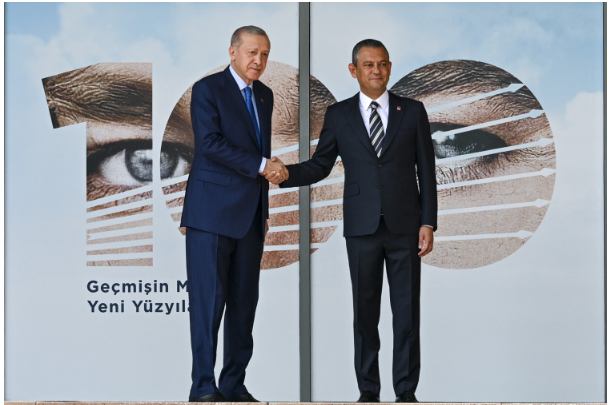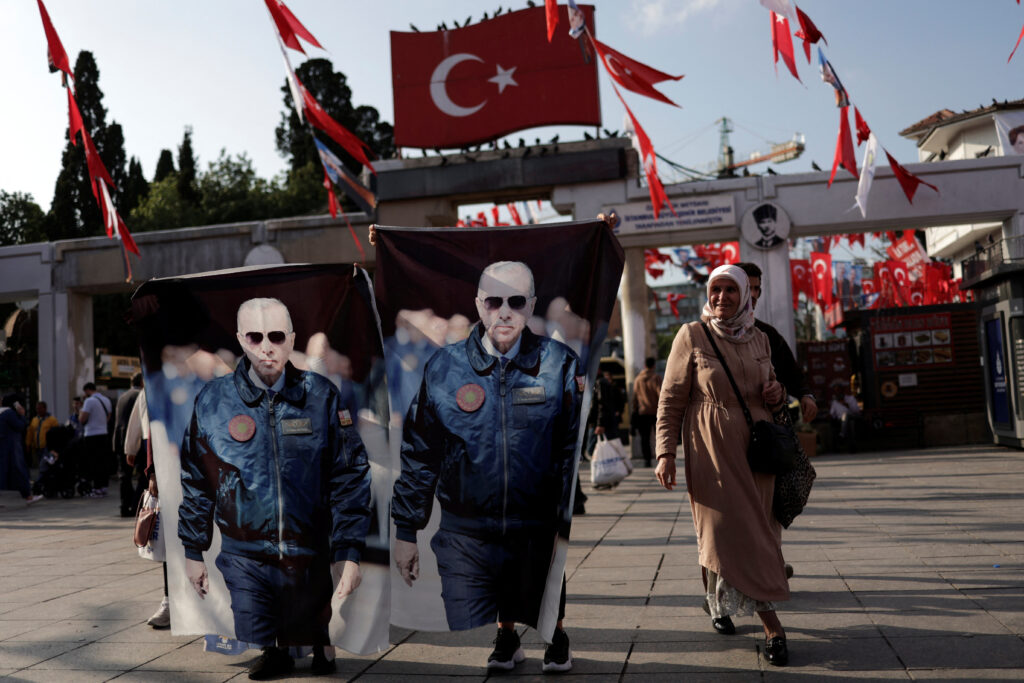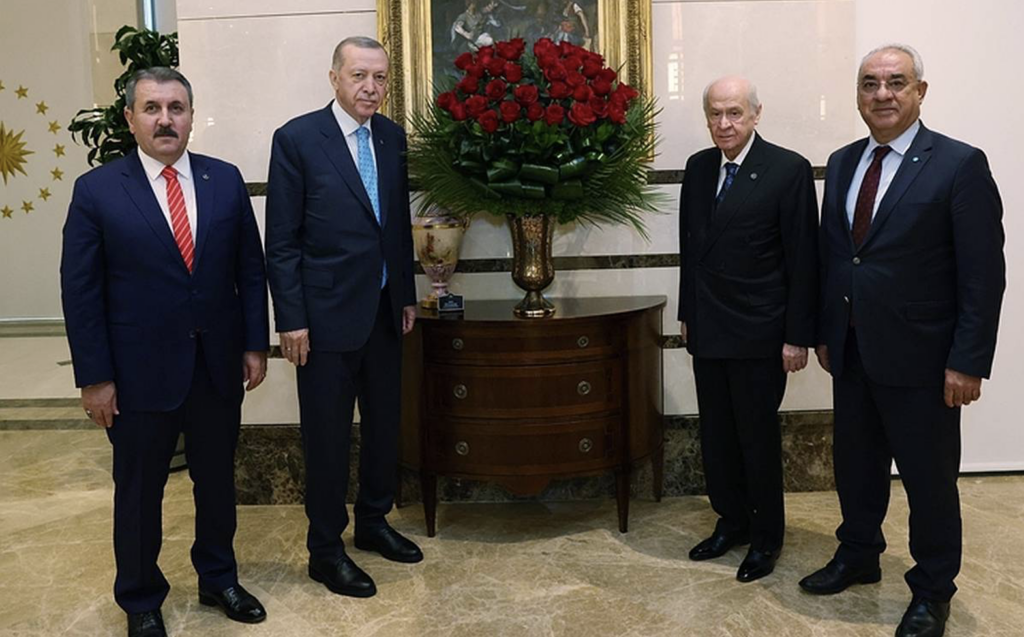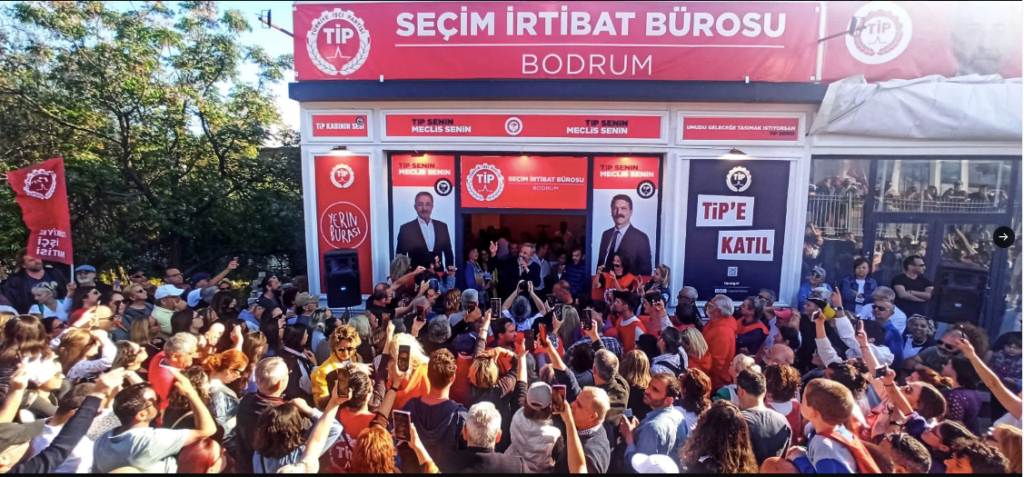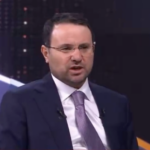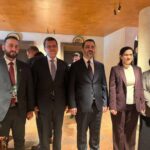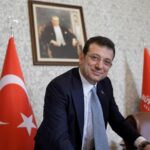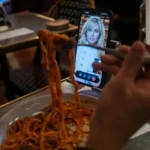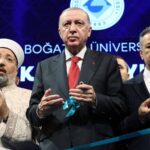Gürbüz Özaltınlı
The Turkish original of this article was published as İnsan hayatının değeri on 19th August 2015.
“Do these people have any means left to them other than guns?” This is a friend of mine whom I have known for years, who describes himself as a leftist and a democrat, and who ever since Gezi has not let a single opportunity slip for venting his hatred at the government. And now that the armed conflict has started all over again, he is actually capable of looking me in the face as he asks this question. It shouldn’t be too difficult for you to guess that when the HDP was drawing a bead on AKP and Erdoğan during the election campaign, this same friend of mine was acclaiming Demirtaş as the spokesman for a free Turkey; that he voted for the HDP and stood guard in front of ballot boxes; that he celebrated the outcome until the wee hours of the morning; and that he sent me ironic messages of victory.
“These people have no means left to them other than guns.” Is that so? And just what are guns a means for? For which rights and liberties should we be killing human beings by laying traps or attacking police stations?
There had been a war that cost tens of thousands of lives. When were the reforms that rendered it meaningless accomplished? When did the policy suppressing and rejecting Kurdish identity come to an end? That state of the 90s which had evolved into a shadowy murder gang — when was it transformed? When did Kurds become capable of engaging in politics using their mother tongue and explicit identities? How did a will for peace arise? While all these developments were taking place, which actors assumed what positions?
All thinking people admit how far we have come with regard to the Kurdish question. According to some, these reforms were dictated by the Kurds through force of arms. I am not going to enter that debate. Instead, we have the right to demand endlessly: Today, after so many changes and transformations, what is the point of resorting to arms? Was Öcalan mistaken when he declared that the age of armed struggle was over?
There are other questions, too, that are waiting to be asked.
Those who are given to accusing the government of authoritarianism while simultaneously looking for excuses to condone the violence that is now stifling democratic politics — have you given any thought to what Muslim believers have gone through in this country?
They were the ones who for years were dragged on the ground by their head-scarves at university gates, on whom the despotic state pounced with its army and bureaucracy, while the worst possible characters in the media kept hissing “whores, sluts” through their teeth. Why did they never even think of turning to violence? As they too were swamped by all the bloodshed of the 1970s; as they were being jailed during military interventions like 12th September [1980] or 28th February [1997]; as their elected representatives were being yelled and chased out of the National Assembly by a statist chorus — was it bravery that they lacked? Can it be that as noe you keep yelling to their faces that “there can be no politics without shedding blood,” you remain wholly ignorant of what these other people had to endure and what roads they had to traverse on the way to power?
Recently an HDP spokesman, faced with a journalist’s question about “why the PKK had not laid down its arms despite having promised to do so at the start of the Solution Process,” saw fit to respond by complaining of our “loss of memory.” He was trying to legitimize the armed struggle by reminding “this forgetful society” that the government had delayed passing the necessary legislation during the guerrillas’ withdrawal process. A promise of non-aggression was not enough, he argued. In the absence of specific legislation, the army might still have chosen to attack PKK units as they left Turkey. That is why the PKK did not withdraw its armed units from Turkish soil.
That is very far from what actually happened. The truth is that the PKK never abandoned its pursuit of sovereign power through force of arms.
Just when the Kurdish movement had achieved its historical peak of legitimacy through the HDP, through Kandil it chose to gamble on building its own state, thereby risking and ruining everything. What we are going through is hugely instructive for all eyes that really want to see. Personally, I will readily admit that I too have erred by overestimating the political experience and thinking of the Kandil cadre. If you are not one of those encrusted with all the mold of leftist clichés, or whom a blind Erdoğan hatred has caused to atrophy, it is impossible not to see and recognize this. Neither can we forget those intellectuals who have been counseling the Kurds along these lines. “Get up from the negotiating table; opt not for the shadow of the Sharia but the support of the civilized West; bring civilization to the Middle East.” It is not those that have raised this hue and cry who are now dying in the mountains. It is Kurdish children, traffic policemen, and uniformed provincial youth who are being wasted. As for those that have been promoting such appeals, the brazenly continue to attack Erdoğan. And it falls to us to feel shame and embarrassment on their behalf.
Yes, we really need to have a good memory. But it is not the only thing that we are missing. We also need ethics, morals. This debate is not being conducted in honest fashion. In a country where some party spokesmen are capable of claiming that “the PKK was willing to lay down its arms and move outside the country, but it was the government that did not provide it with the necessary legal assurances,” we have every right to complain of the absence of both memory and moral principles.
But beyond memory or ethics, there are also other things that we are missing Such as learning to value human life.
If those that were passing harsh judgment on the losses of life incurred during the months-long Gezi demonstrations can now turn around to argue, in defence of the PKK, that “these people have no means left to them other than guns,” it is with the value of the human being, the individual, that we should begin. Instead of hypocritical propagandists, we need real advocates of the right to live, to human existence, that will not flip-flop according to the identity the killer and the killed.
I have the feeling that Turkey has only now recently begun to think about politics and violence. Hopes for this discussion to develop in the direction of a more democratic culture depends yet again on the combination of a conservative sociology with liberal-democratic circles espousing universal values — however small the latter might be. A step further, we might even put our faith in the secular urban middle classes who are under the influence of Kemalist ideology. But it looks as if we cannot expect any positive contribution to this debate from the left, nor from the Kurdish movement, nor from Turkish nationalism. All of them display an intellectual framework and a historical practice at the origin of which are roots that regard and define violence as a legitimate instrument of politics. We are speaking here of a political culture that is capable of challenging the initiative of even a legend like Öcalan.
This is our fundamental problem.
A political culture that wastes human life like small change.
The first learning objective of any person who is capable of asking “whether these people have any means left to them other than guns” is not to take lessons in “reading politics correctly.”
It is by learning the value of human life that he has got to begin.
Yazıyı beğendiysen, patronumuz olur musun?
Evet, çok ciddi bir teklif bu. Patronumuz yok. Sahibimiz kar amacı gütmeyen bir dernek. Bizi okuyorsan, memnunsan ve devam etmesini istiyorsan, artık boş olan patron koltuğuna geçmen lazım.
Serbestiyet; Türkiye'nin gri alanı. Siyah ve beyazlar içinde bu gri alanı korumalıyız. Herkese bir gün gri alanlar lazım olur.




